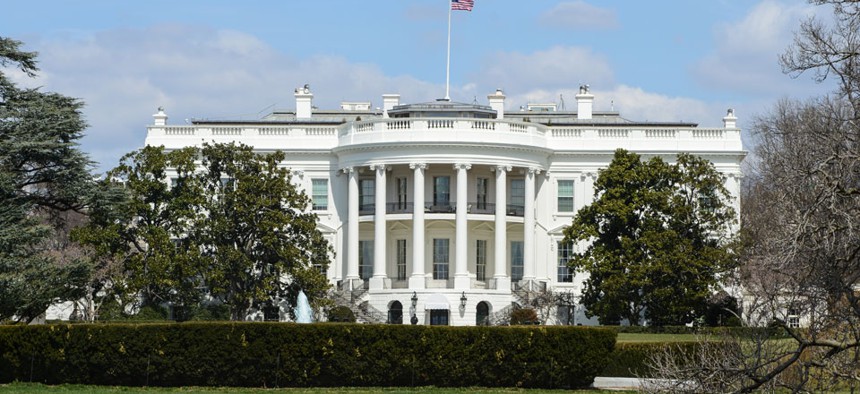
Brandon Bourdages/Shutterstock.com
White House Presses for TRICARE Fee Increases
Congress so far has rejected the Obama administration’s attempts to rein in the costs of the military’s health care program.
The White House this week urged the Senate to support its effort to increase the amount military retirees pay for their health insurance.
The current version of the fiscal 2014 Senate Defense authorization bill does not include President Obama’s proposals to impose higher fees and create new enrollment fees for some plans in TRICARE, the military’s massive health insurance program.
The White House believes its initiatives would “control the growth of health care costs” at the Defense Department “while keeping retired beneficiaries’ share of these costs well below the levels experienced when the TRICARE program was implemented in the mid-1990s,” said an administration statement on the fiscal 2014 Defense authorization bill (S. 1197). The administration estimated that its TRICARE proposals would save between $902 million and $9.3 billion through fiscal 2018.
The $53 billion military health care program now consumes 10 percent of the Pentagon’s nonwar budget.
President Obama proposed military health care reforms in his fiscal 2014 budget, including higher fees and new enrollment fees for some TRICARE plans phased in over time. For example, the administration wants to increase TRICARE Prime enrollments fees, increase TRICARE Standard/Extra deductibles, and implement an enrollment fee for new TRICARE for Life beneficiaries. None of the proposals would affect active duty members.
TRICARE premiums for beneficiaries have not kept up with inflation and the overall increase in health care costs during the past two decades. Congress agreed to raise TRICARE Prime annual enrollment fees for retirees in 2011 -- the first time the fees have gone up since 1995. Right now, TRICARE Prime retirees pay $273.84 annually for individual coverage and $547.68 per year for family coverage through Sept. 30, 2014. Under Obama’s plan, for example, family coverage for that group would rise to a minimum of $558 annually to a maximum of $900 in fiscal 2015, depending on a beneficiary’s income level.
Congress has resisted the Obama administration’s TRICARE proposals so far, opting instead for more modest increases in TRICARE enrollment fees and prescription drug co-payments. The House fiscal 2014 defense authorization bill, which the chamber passed in June, rejected most of the administration’s proposed increases to TRICARE fees for retirees and other changes to the military’s health care system. “The committee has already put TRICARE on a sustainable path through reforms in several recent NDAAs,” stated a summary of the bill.
The Senate fiscal 2014 Defense authorization bill, which the chamber is debating this week and attempting to finish up before the Thanksgiving recess, also includes a 1 percent pay raise for military personnel in 2014, reflecting the president’s recommendation. But the House approved a 1.8 percent pay hike for military service members next year, which sets the stage for a pay debate. If the Senate sticks with the 1 percent pay raise, then lawmakers will have to reach consensus during conference committee on the final amount to give service members. Current law mandates a 1.8 percent boost for service members for 2014; the formula for determining service members’ annual pay increase is based on the Bureau of Labor Statistics' Employment Cost Index and the growth in private-sector wages.
The House and Senate are only in session at the same time in December for one week. The Senate returns from Thanksgiving recess on Dec. 9, and the House plans to adjourn on Dec. 13.
(Image via Brandon Bourdages/Shutterstock.com)







